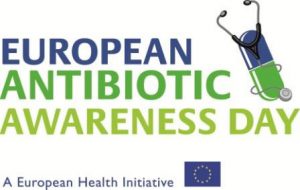JPIAMR just awarded 28.3 M EUR to 19 research projects to bridge the knowledge gap on AMR transmission mechanisms. 19 project consortia with a total of 96 research groups from 16 countries were awarded 28.3 M EUR for 3 years of research from JPIAMR member countries and the European Commission under the ERA-NET Co-fund scheme. The JPIAMR joint co-funded call “To unravel the dynamics of transmission and selection of antimicrobial resistance (AMR) at genetic, bacterial, animal, human, societal, and environmental levels, in order to design and evaluate preventive and intervening measures for controlling resistance” closed in July 2016 and received 83 applications. Read more about the recommended projects here
In addition, the JPIAMR has funded 13 new Networks/ Working Groups in the field of AMR through its last June 2016 joint call. These researcher networks will work on the development of different AMR policy recommendations and research strategies. Their outcomes will be published in December 2017. Read more about the funded projects here


